Components of a URI
foo://example.com:8042/over/there?name=ferret#nose
\_/ \______________/\_________/\__________/ \__/
| | | | |
scheme authority path query fragment
Scheme
The scheme of a URL is the first item, such as http, which indicates that this URI uses the hyper-text transport protocol. Examples of other schemes are:

Authority
In a URL the authority is also called the domain and may include a port number at the end separated by a colon.
In the following example, the authority is www.cambiaresearch.com
*
http://www.cambiaresearch.com
In the following example, the authority is www.cambiaresearch.com:81
https://www.cambiaresearch.com:81
In the following example, the authority is info@cambiaresearch.com
mailto:info@cambiaresearch.com
Path
The path component of the URL specifies the specific file (or page) at a particular domain. The path is terminated by the end of the URL, a question mark (?) which signifies the beginning of the query string or the number sign (#) which signifies the beginning of the fragment.
The path of the following URL is "/default.htm"
http://www.cambiaresearch.com/default.htm
The path of the following URL is "/snippets/csharp/regex/uri_regex.aspx"
http://www.cambiaresearch.com/snippets/csharp/regex/uri_regex.aspx
Query
The query part of the URL is a way to send some information to the path or webpage that will handle the web request. The query begins with a question mark (?) and is terminated by the end of the URL or a number sign (#) which signifies the beginning of the fragment.
The query of the following URL is "?id=241"
http://www.cambiaresearch.com/default.htm?id=241
The query of the following URL is "?sourceid=navclient&ie=UTF-8&rls=GGLC,GGLC: 1969-53,GGLC:en&q=uri+query"
http://www.google.com/search?sourceid=navclient&ie=UTF-8&rls=GGLC,GGLC:1969-53,GGLC:en&q=uri+query
Fragment
In a URL the fragment is used to specify a location within the current page. This is often used in a FAQ with a list of links at the top of the page linking to longer descriptions farther down in the page.
The fragment of the following URL is "contact"
http://www.cambiaresearch.com/default.htm#contact
The fragment of the following URL is "scheme"
http://www.cambiaresearch.com/snippets/csharp/regex/uri_regex.aspx#scheme
Example: Regular Expressions for Parsing URIs and URLs
Simple way using [?] regex pattern:
public bool RegexUrlWithQuestionChar(string url)
{
string pattern = @"(http(s)?://)?([\w-]+\.)+[\w-]+(/[\w- ;,./?%&=]*)?"; //Url pattern
var regex = new Regex(pattern);
var math = regex.Match(url);
return new Regex("[?]").IsMatch(math.Value); //Find ?
}
if(RegexUrlWithQuestionChar("www.example.com.br/area?key=235fksf&rec=fsjgsg"))
{
MessageBox.Show("Found"); // This show
}
else
{
MessageBox.Show("Not found");
}
if(RegexUrlWithQuestionChar("www.example.com.br/area"))
{
MessageBox.Show("Found");
}
else
{
MessageBox.Show("Not found"); // This show
}
Credits:
urlregex.com
parsing-urls-with-regular-expressions-and-the-regex-object
www.dotnetperls.com/regex
